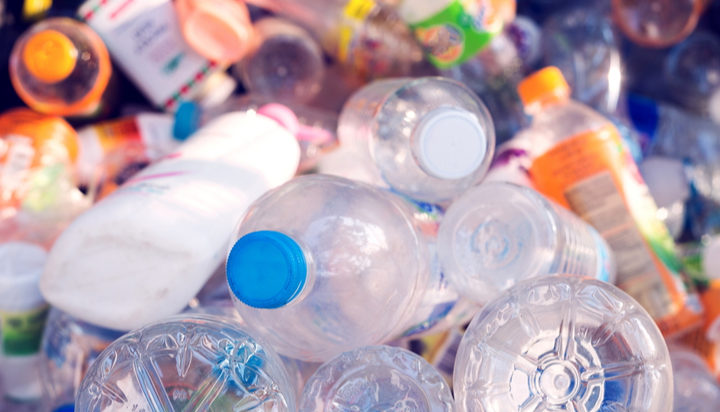Scientists have created a mutant enzyme, which breaks down plastic bottles for recycling in 10 hours.
The scientific research, published on the scientific journal Nature, has used an optimised enzyme to break down a tonne of waste plastic bottles and over 10 hours achieved a minimum of 90% depolymerisation. The scientists then used the material to create new plastic bottles.
Findings of the research also suggest this highly efficient, optimised enzyme outperforms all polyethylene terephthalate (PET) hydrolases reported so far that have attracted recent interest.
It says the development of this novel enzyme, which can biologically depolymerize all PET plastic waste, followed by an efficient recycling into new bottles has the potential to pave the way of a real transition to a circular economy and can prevent plastic pollution from harming our oceans and planet.
Prof. Alain Marty, Carbios’ Chief Scientific Officer and co-author of the Nature article says: “The results obtained confirm the industrial and commercial potential of the company’s proprietary process, which will be tested in 2021 in our demonstration plant in the heart of the French Chemical Valley, near Lyon.”
Dr. Saleh Jabarin, Distinguished Professor at The University of Toledo, Ohio and a member of Carbios’ Scientific Committee: “It’s a real breakthrough in the recycling and manufacturing of PET. Thanks to the innovative technology developed by Carbios, the PET industry will become truly circular, which is the goal for all players in this industry, especially brand-owners, PET producers and our civilisation as a whole.”





